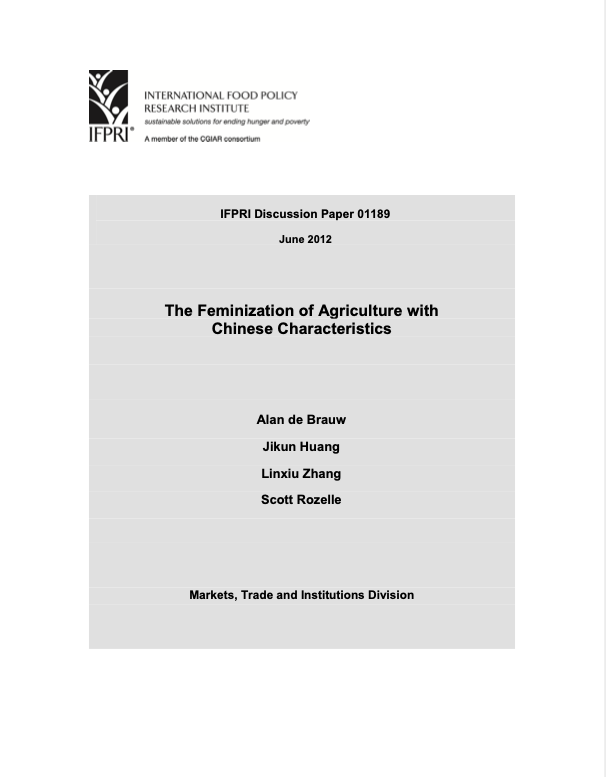Albania : Strategic Policies for a More Competitive Agriculture Sector
Recent trends in Albania suggest that it
has the potential for a modern and competitive agricultural
sector, provided there is sufficient private investment and
the right policy environment. This chapter looks at the role
of agriculture in the economy and the current status of the
sector, and outlines the implications of modernization and
transformation of agriculture for rural areas. It also
identifies trends and sources of growth for agriculture, and


